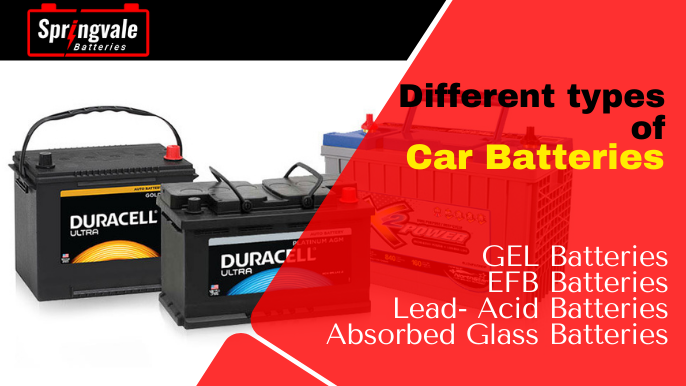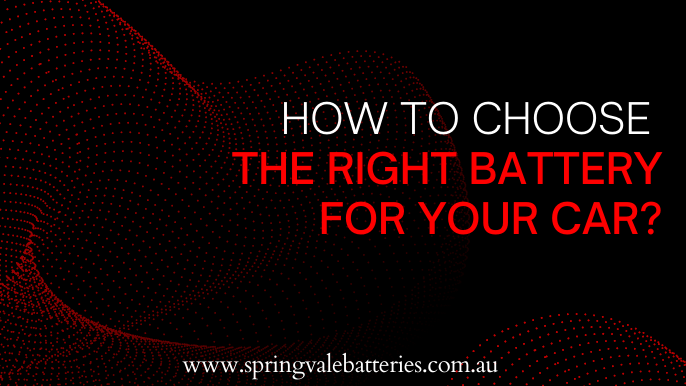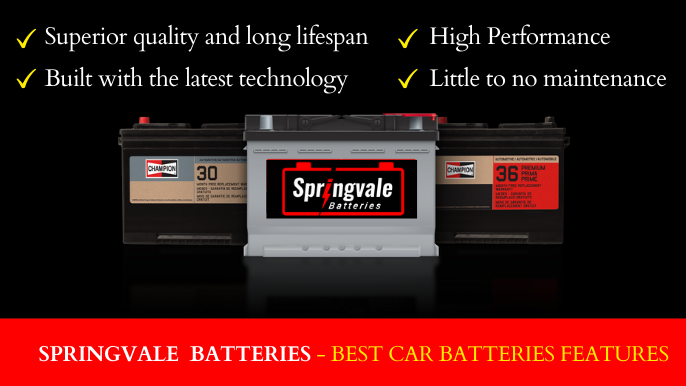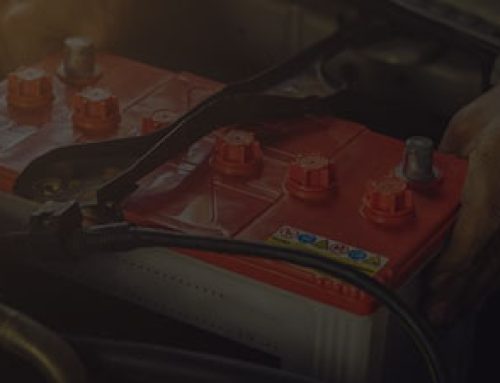Car Battery Buying Guide
Batteries are the backbones of modern vehicles. Since batteries need to be changed every 4-5 years, selecting the right one for your vehicle is essential.If your car battery has stopped working smoothly after years of use, it is time to replace it. To give you a better idea of how you should pick your batteries here is our ultimate car buying guide.
How do car batteries work?
Batteries house the power of your vehicle, providing amperage power to the engine every time you start your vehicle. The car battery’s power is not static. It drains out partly but gets recharged through the alternator every time you drive it. Car battery also provides power to other electronic equipment in the car, like windshield wipers, stereo, automatic window glasses etc. For a smooth drive, it is crucial to have a functional battery that is fully charged by the alternator.
Batteries are engineered with a connected series of accumulators. Accumulators comprise three positive and four negative panes placed alternatively. 12 volts of power is required for modern vehicles, since each accumulator produces 2 volts, for car batteries it is important to have 6 of them.
They are further drenched in electrolyte and are then attached to the positive terminal and the negative terminal. Dividers are positioned in the middle so that they don’t touch each other. If they do, then the circuit could possibly spark. To make the power circulate between the whole battery panel to derive the product. Water, lead, and sulphuric acid are three primarily required elements. Moving ahead with this whole structure is then placed in a polypropylene tank to make it durable to withstand severe conditions- temperature and weather (from inside and outside sources). A small valve in the battery allows all the gases produced in it to vent out frequently.
Different types of car batteries
There is not just one type of battery.Every vehicle has different needs, and various battery types are designed to serve different purposes.

- Lead- Acid Batteries:They are the most commonly used batteries. They are extremely reliable in terms of their price and power sustainability. Such batteries yield around 75% of the power. Though they are cheap, reliable, and sustainable, they are prone to extremely cold weather conditions and have a great chance of leaking.
- GEL Batteries:These are mainly understood as successors of lead-acid batteries. Though they have all the basic components, but silica is added around electrolyte to form a thick layer. They are relatively more reliable than other traditional batteries, having a much longer lifespan and a good resistibility of vibration and shocks. Moreover, they are not prone to leakage. Gel batteries are the most qualified types of batteries in the market that have a lower chance of failing even if the car has not been used for days. However, these batteries are costly, require higher maintenance, and cannot be left unmonitored for a period longer than 6 months.
- Absorbed Glass Batteries (AGM): AGM batteries are resistant to cold, shocks and vibrations. They have a low self-discharge rate. In AGM batteries, acid is stored in blotters and not liquids. This prevents leaking. They even have a longer lifespan than GEL batteries. However, they cannot stand extreme heat and require a high-quality regulator.
- EFB Batteries:Enhanced flooded batteries are an advanced version of lead-acid batteries having a better start-stop system. These batteries are suitable for regenerative braking systems and are highly efficient for intensive use. However, they do not have a long life and are expectedly higher in price.
How long do batteries last?
The average lifespan of a particular battery depends on its type and the care they receive. The average time to consider replacing your car battery is within 4-6 years.
The battery’s power consumption, discharge and recharging unit along with weather conditions play an important role in determining the lifespan of the battery. Lack of attention and improper care can reduce the life of your batteries. However, different batteries have different abilities and resistance. The discharge rate and charge rates are influential in batteries. A higher discharge rate would be shorter life and less discharge rate would mean longer life. It is advised to keep your battery fully charged to make it sustainable for a longer time.
There is a need to keep the batteries maintained. For that, you should be aware of the various characteristics of the battery that you have installed. This enables you to provide appropriate care.
How to choose the right battery for your car?
There are certain characteristics that you must keep in mind before you pick a car battery. You must first carefully consider the needs of your vehicle while also assessing the performance of your previous battery for better selection.

- Consider age, space, condition, and requirement of the car.
- The climatic and weather conditions of your living space also play a factor.
- Replace the battery with a type that your vehicle already had.
- The battery should be able withstand shocks and vibrations.
- Batteries that have better start-stop functions are a good choice.
- Go for a battery specialist.
- A low quality battery can deter the longevity of your car.
Choosing the best battery for your vehicle is not as easy as it requires a lot of effort and research. The most important part of getting a reliable battery is to find the best battery store in Melbourne. If you are still confused about how to choose the best vehicle battery, then go for Springvale Batteries in Melbourne. They are one of the best automotive battery experts in Melbourne. With cheap car batteries, cheap car battery installation in Melbourne and a variety of batteries for trucks, motorcycles, car and marine vehicles, you can get anything you are looking for.
Our batteries have the following features:

- Superior quality and long lifespan
- Built with the latest technology
- Little to no maintenance
- High Performance
Call or email us to get expert advice and support for your car battery.


Leave A Comment